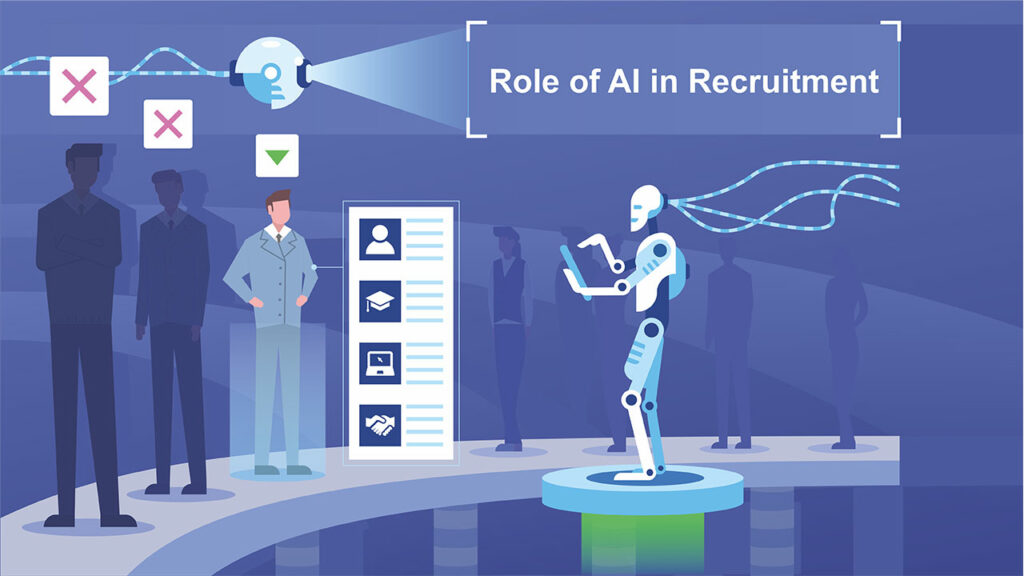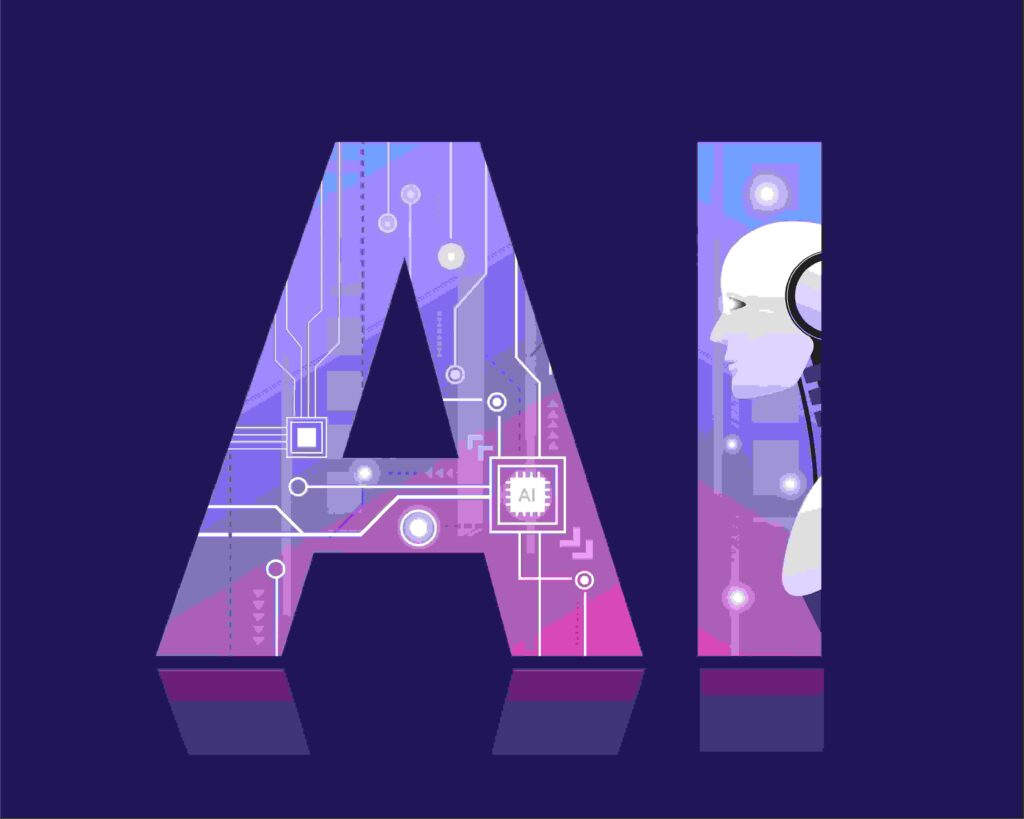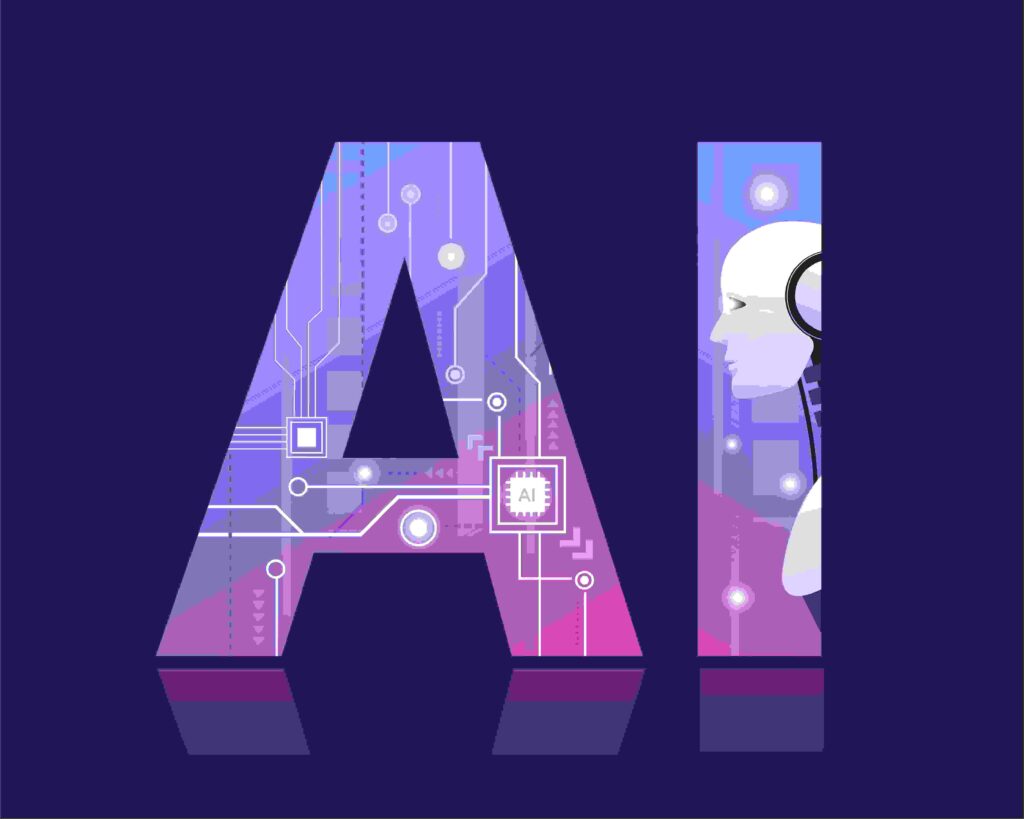
A Bay Area startup named Waterlily is leveraging artificial intelligence (AI) to assist families in navigating the complexities of long-term care planning. By analyzing personalized data and employing predictive algorithms, Waterlily’s platform generates custom care plans tailored to individual needs. This innovative approach aims to simplify decision-making processes and provide families with clear, actionable insights into long-term care options.

The integration of AI in long-term care is transforming the industry by enhancing operational efficiency and resident care. As the demand for long-term care services grows, AI and machine learning are being utilized to optimize staffing schedules, streamline administrative tasks, and predict potential health issues before they escalate. This not only improves the quality of care for residents but also alleviates the burden on staff, making AI a critical component of modern long-term care strategies.
In the broader context, the adoption of AI in healthcare is gaining momentum, with significant investments being made to develop AI-driven solutions. For instance, Redesign Health has secured $175 million to create a venture fund aimed at launching healthtech startups that leverage AI to improve healthcare efficiencies. Since its inception, Redesign Health has facilitated the launch of over 60 health-technology startups, underscoring the growing emphasis on AI in the healthcare sector.
These developments highlight a significant shift towards AI-driven solutions in long-term care planning, offering families more personalized and efficient tools to manage the complexities associated with elder care.













